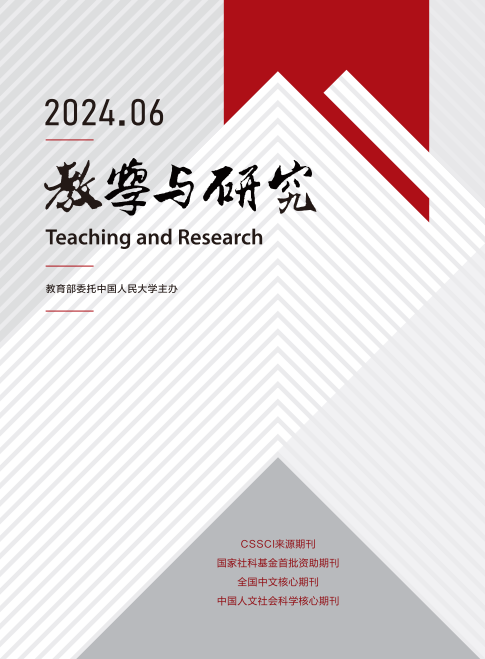As a new firstlevel discipline in the Chinese philosophy and social sciences that carries distinct Chinese features and presents the charms of China, the discipline of Chinese Communist Party building is “nativeborn” and the construction of an independent knowledge base of the discipline cannot simply apply the general principles and paths of the construction of independent knowledge bases, neither can it be simplified to be “unconventional”, nor can it be “reconstructed”or take the “deconstructivist route”. Instead, we should clarify facts, uphold fundamental principles and break new ground,and take the “constructivist route”. Generally speaking, the concepts of Party building can be decomposed into the basic concepts of Party building, the theoretically identifiable and core concepts of Party building, the important concepts of Party building, and the general concepts of Party building. The construction of the knowledge base of the discipline of Chinese Communist Party building must be based on the basic concepts of party studies, exploring the identifiable concepts from the Partys innovative theory, constructing the conceptual and knowledge frameworks of the discipline with the theoretically identifiable and core concepts, and further constructing the conceptual system and knowledge base of the discipline by combining the categorized important and general concepts of the theory of Party building. We can thus jointly build an open and continuously developing knowledge pedigree for the discipline of Chinese Communist Party building, and committed to enhancing the inheritance and nationality, the originality and contemporary relevance, the systematicness and professionalism, the scientificity and worldwide application of the Partys innovation theory, in order to take the enhancement of the cohesion, appeal, dissemination, influence and international competitiveness of the Partys innovation theory as the value goals.



